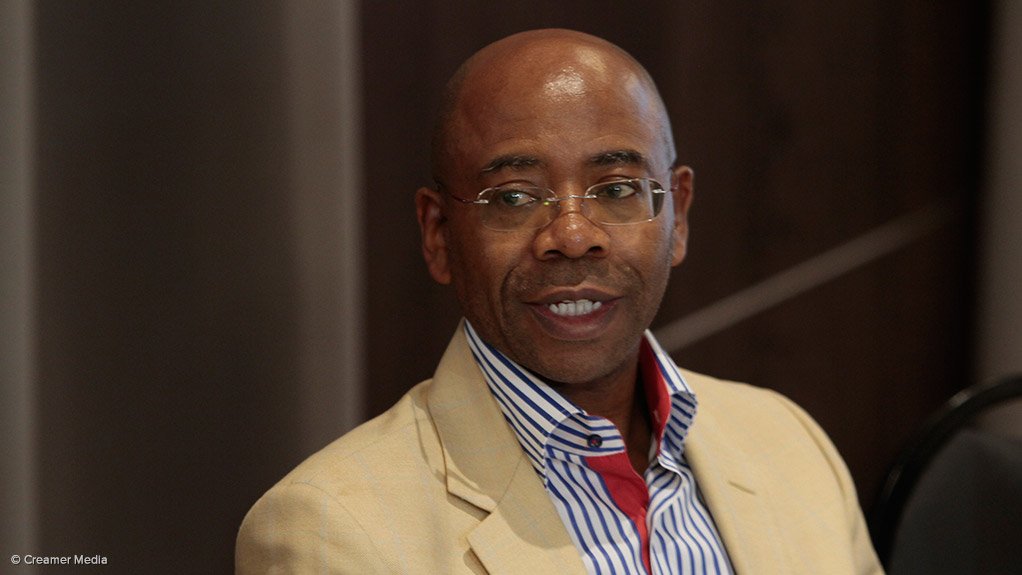South Africa’s current administration has destroyed 22% more black-owned businesses than the apartheid regime, Shell South Africa chairperson Bonang Mohale told delegates at the Association of Black Securities and Investment Professionals (Absip) investment management summit in Johannesburg, on Monday.
“[Under the current administration,] black entrepreneurs are not paid on time and they have run into cash flow problems. The last ten years of the current administration has been characterised by factionalism, patronage and corruption,” he asserted.
Mohale stated that no economy in the world could prosper and grow if the majority of its citizens were excluded from economic activities.
“For the last 350 years, [South Africa’s] economy has been based on the skills and inclusion of only 5% of the population,” he said, stressing that transformation was needed to ensure nation building.
Mohale further stated that corruption robbed the poor, rendered the country uncompetitive and discouraged effectiveness and efficiency.
“The greatest disfavour [government] has done to its citizens in the last 20 years is to de-emphasise the importance of education.”
He noted that education was the only powerful and sustainable weapon for change.
“The choices of leadership we have made, even at local government level, says we don’t respect education. You need an educated middle class to be role models and to think through the solutions of the twenty-first century,” he said.
Mohale highlighted that South Africans had accepted that “we are a 3% gross domestic product (GDP) economy”, while the country would be lucky if it reached 2% GDP growth any time soon.
Although the National Development Plan stated that South Africa had to grow at 5.4% to absorb the 150 000 young people entering the job market each year, the latest International Monetary Fund data shows the country can expect GDP growth of 0% this year.
Mohale stated that inclusive growth could only occur if GDP growth was higher.
Also speaking at the summit, Telkom retirement fund specialist Karthi Pillay described transformation as being the “elephant in the room”.
He noted that, to achieve a transformed society, “it can’t be business as usual anymore”.
Pillay said there had to be change across the value chain and that transformation was not a standalone function. “It should be inclusive, integrated and there should be a commitment from the top of the company to take ownership of the process and make a meaningful change.”
EMAIL THIS ARTICLE SAVE THIS ARTICLE
To subscribe email subscriptions@creamermedia.co.za or click here
To advertise email advertising@creamermedia.co.za or click here











